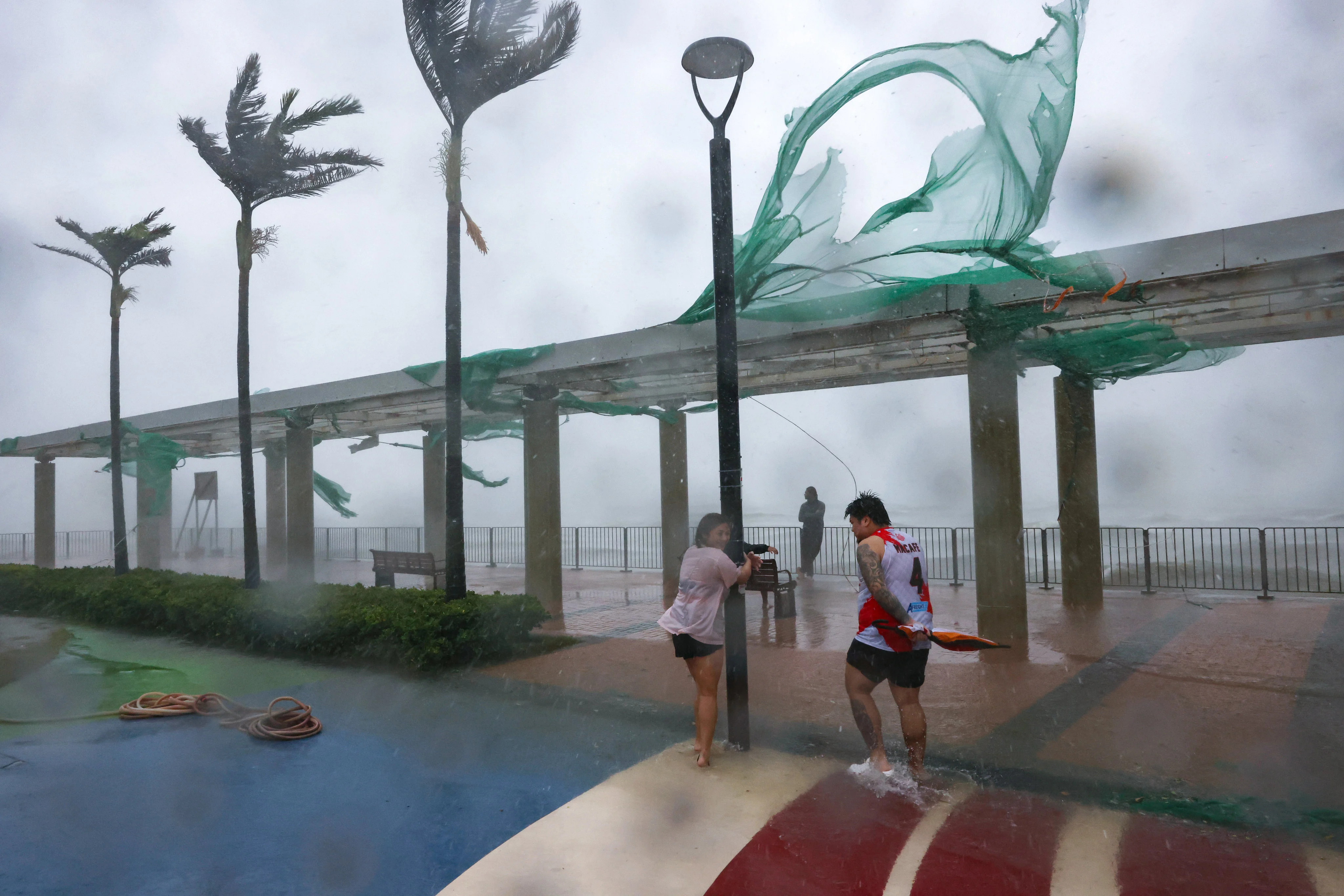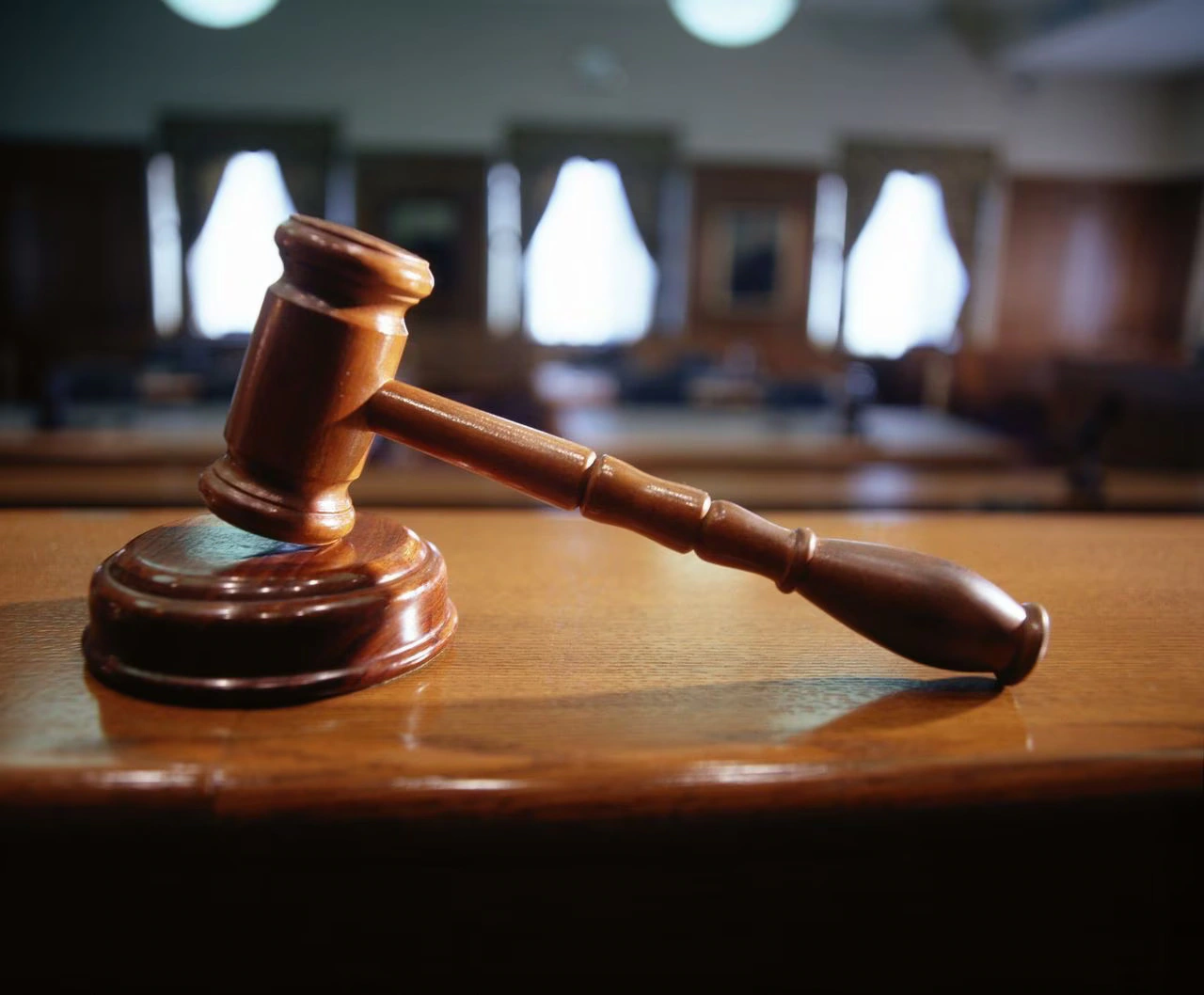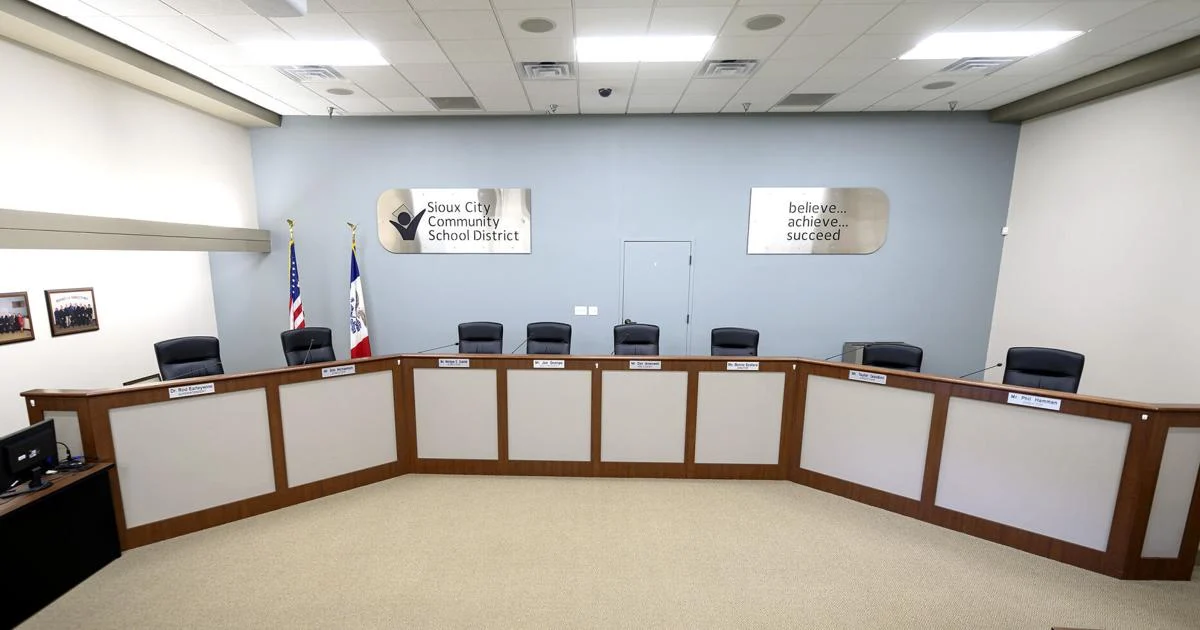By Lo Hoi-ying
Copyright scmp

Hong Kong should not impose a blanket ban on storm chasers, legal experts have said, while one lawmaker has suggested taking a leaf out of Macau’s book to designate high-risk zones as off-limits for people and vehicles during a typhoon.
Lawyers and lawmakers on Friday weighed in on Secretary for Security Chris Tang Ping-keung’s suggestion to introduce a law to curb storm chasing, after dozens of residents ignored government warnings and gathered to watch the ferocious waves during Super Typhoon Ragasa on Wednesday.
Legislator Edward Leung Hei said that Hong Kong could look to Macau’s approach of designating specific areas as high-risk zones.
He said prohibiting people or vehicles from staying in or passing through specific areas could more effectively deter the reckless behaviour of “storm chasers”.
“Since Hong Kong’s beaches are managed by various departments or private organisations, the legislation should allow prosecutions without law enforcement officers being present on site,” he said.
In neighbouring Macau, the Civil Protection Law, which took effect in 2020, divides public emergencies caused by natural disasters into five levels, from “general” to “catastrophe”.
Once authorities declare a public emergency of Level 3 or higher, they have the right to forcibly evacuate people in danger and to prohibit individuals or vehicles from staying in or passing through specific areas.
Those who violate the order can be sentenced to a maximum of two years’ imprisonment or a fine of up to 240 days, with the amount imposed based on the financial situation of the convict.
Leung also referred to Taiwan’s Disaster Prevention and Protection Act, in which the government could designate certain areas as “high-risk” and prohibit people from entering.
Common violations include hiking, wave watching, swimming or fishing during a typhoon.
Violators can be fined between NT$50,000 and NT$250,000 (US$1,639 and US$8,199), and those who require search and rescue operations might be charged for the cost of the rescue.
Senior Counsel Ronny Tong Ka-wah, also a member of the government’s key decision-making Executive Council, said the government has always focused on protecting the public and preventing people from endangering themselves or their children when passing laws.
Tong said the bill should stipulate the circumstances in which people should be prevented from going near shorelines during a No 10 signal, rather than trying to define “storm chasers”.
He did not think banning storm chasing would infringe on residents’ rights.
On Friday, police arrested two more people on suspicion of taking youngsters to watch the waves under Super Typhoon Ragasa.
A 46-year-old local man and a 33-year-old domestic helper, who is non-Chinese, were arrested for child neglect after they were suspected of taking the man’s two sons, aged four and six, to watch the waves at Kennedy Town during the typhoon on Wednesday.
Earlier in the day, the force prosecuted a 54-year-old man for allegedly swimming at a closed public beach on Castle Peak Road in Tuen Mun during the No 10 signal, which violated the Bathing Beaches Regulation under the Public Health and Municipal Services Ordinance.
Under the ordinance, any failure to comply with temporary closures is an offence and carries a maximum fine of HK$2,000 (US$257) and 14 days’ imprisonment.
On Thursday, police arrested two women for allegedly bringing an eight-year-old boy to take selfies and film the stormy seas at the South Horizons housing estate while the No 10 signal was in effect for Super Typhoon Ragasa the day before.
The two suspects, a 36-year-old Indian and a 33-year-old Sri Lankan, both Hong Kong identity card holders, were arrested on suspicion of ill-treatment or neglect of a child.
Last May, the government announced measures to strengthen public protection during typhoons and other inclement weather, with surfers and storm chasers entering closed beaches among those targeted.
Authorities have not closed country parks during extreme weather in the past four years, but would remind members of the public not to head to the mountains.
According to government data, authorities deployed over 1,150 staff in the past five years to rescue those camping, hiking, swimming or surfing when a rainstorm warning or a No 3 signal or above was in force.
In 2023 alone, 352 staff were deployed in 23 mountain rescue incidents, while 334 staff were deployed for incidents at sea.
However, legal experts said authorities should not impose a blanket ban on storm chasing.
Lawyer Eric Chan Pak-ho said a balance should be struck when it comes to regulating such acts.
“On the one hand, Hong Kong should be a free society where individual freedoms should not be unduly restricted. On the other hand, society should discourage reckless acts that put themselves and others at risk of serious injury,” he said.
Chan said that the legislation might define storm chasers as anyone lingering in the vicinity of the sea without a reasonable excuse while a typhoon signal No 8 or above is in force, posing potential dangers to themselves and others.
There should be appropriate statutory defences and the vicinity, if legislated, should be restricted to where there is a real danger of waves dragging the person into the sea, he said.
While society should discourage storm chasers, the law should be used as a last resort, said Chan.
Simon Young Ngai-man, a barrister and law professor at the University of Hong Kong, agreed, saying that the child protection offence under the Offences against the Person Ordinance is “drawn widely and quite robust”.
“It strikes the right balance by protecting children without Hong Kong becoming a nanny state,” he said.
“A parent who storm-chases with their child while aware of the possibility that their child might be injured in the chase will be caught by the provision.”
Under section 27 of the ordinance, Young said the government would need to prove a parent wilfully exposed their child under 16 in a manner likely to cause them unnecessary suffering or injury. It is punishable on indictment by 10 years’ imprisonment and on summary conviction by three years.
He did not envisage any loopholes with the current laws, and said these reckless acts could be reduced with proper public education.
“It’s not practical to legislate for random acts of stupidity,” he said.



